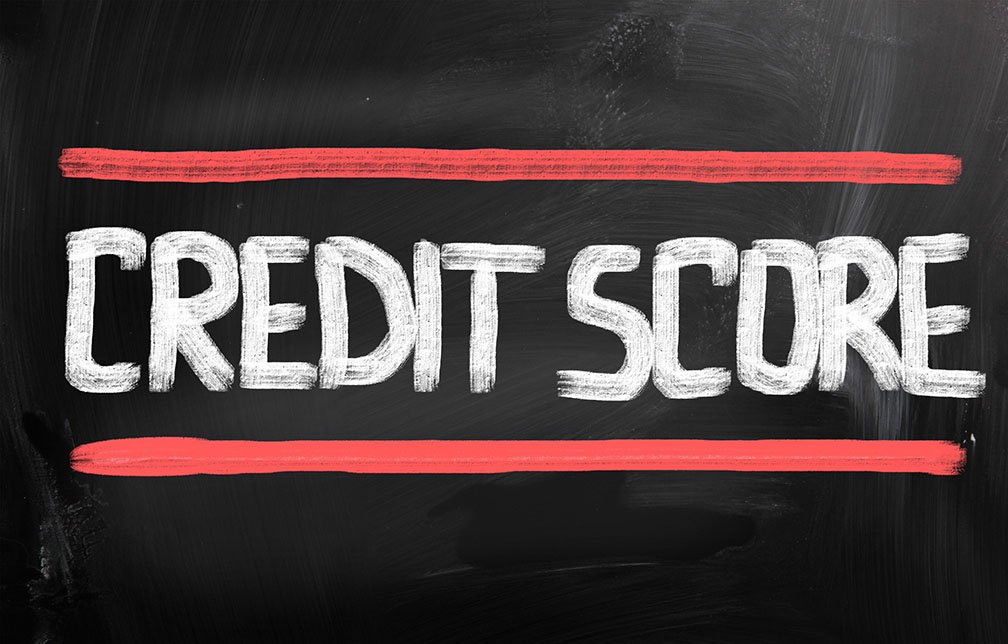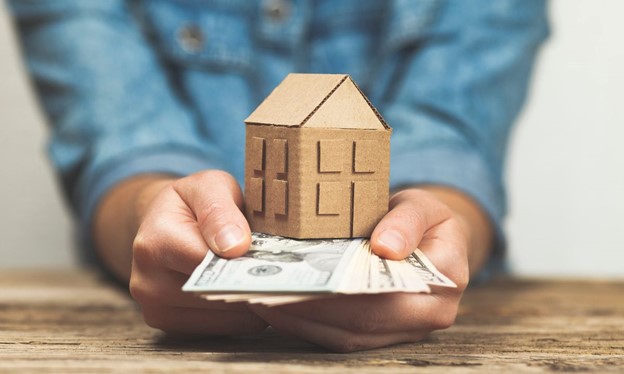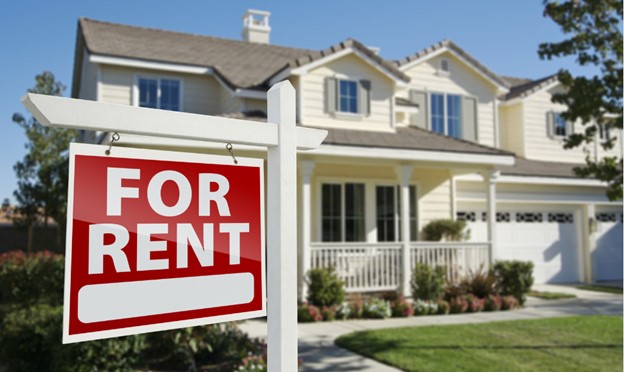 Obtaining a pre-approval for a mortgage is an important step when you’re planning to buy a home. It gives you an idea of how much you can afford, helps streamline the home-buying process, and strengthens your position as a serious buyer. However, many people worry that the pre-approval process might negatively impact their credit score. In this blog post, we’ll dive into the details to determine whether or not a pre-approval for a mortgage will hurt your credit.
Obtaining a pre-approval for a mortgage is an important step when you’re planning to buy a home. It gives you an idea of how much you can afford, helps streamline the home-buying process, and strengthens your position as a serious buyer. However, many people worry that the pre-approval process might negatively impact their credit score. In this blog post, we’ll dive into the details to determine whether or not a pre-approval for a mortgage will hurt your credit.
Understanding Credit Inquiries
To understand how pre-approval affects your credit, we need to discuss credit inquiries. When you apply for credit, such as a loan or credit card, the lender typically pulls your credit report to assess your creditworthiness. These inquiries are categorized as either “hard” or “soft.”
Hard Inquiries: A hard inquiry occurs when you apply for credit, and it can impact your credit score. These inquiries are visible to other lenders and may suggest that you’re actively seeking credit.
Soft Inquiries: A soft inquiry, on the other hand, doesn’t affect your credit score. These inquiries occur when you check your own credit report or when a lender pre-approves you without your explicit consent.
Pre-Approval and Credit Inquiries
When it comes to mortgage pre-approvals, most lenders perform a hard inquiry to assess your creditworthiness accurately. While this hard inquiry might have a temporary impact on your credit score, the impact is typically minimal. Generally, a single hard inquiry will only result in a small dip in your score, typically around five points or less. The credit bureaus understand that consumers may shop around for the best mortgage terms and account for this in their scoring models.
The Logic Behind Credit Scoring
Credit scoring models are designed to account for consumer behavior related to loans and credit applications. They recognize that it’s normal for individuals to shop around for the best rates and terms when seeking a mortgage. To encourage this behavior, credit scoring models treat multiple mortgage inquiries made within a certain time frame (usually 30 days) as a single inquiry. This means that even if you get pre-approved by multiple lenders within that timeframe, it will be considered a single inquiry when calculating your credit score.
While a pre-approval for a mortgage may result in a temporary dip in your credit score due to the hard inquiry, it’s generally a small and short-lived effect. The benefits of obtaining a pre-approval, such as understanding your budget and strengthening your position as a buyer, far outweigh any minor impact on your credit score.
To minimize any potential negative impact on your credit score during the mortgage pre-approval process, consider the following tips:
Do your research: Before applying for a pre-approval, research lenders and their qualification criteria. Focus on a select few lenders who are likely to meet your needs to minimize the number of credit inquiries.
Time your applications: If possible, try to complete all your mortgage pre-approval applications within a short time frame, such as 30 days. This way, the credit bureaus will consider them as a single inquiry.
Monitor your credit: Regularly monitor your credit report to ensure accuracy and identify any potential issues. You can obtain one free credit report per year from each of the three major credit bureaus.
In most cases, the impact of a mortgage pre-approval on your credit score is minimal and short-lived. While the initial hard inquiry may result in a small dip in your score, credit scoring models are designed to account for shopping around for the best mortgage terms. The long-term benefits of obtaining a pre-approval far outweigh any minor impact on
 As the housing market continues to evolve, it becomes increasingly crucial for aspiring homeowners to tread carefully and avoid falling into the trap of being house poor. The dream of owning a home should not come at the expense of financial stability and overall well-being. Here are some essential tips to steer clear of this precarious situation:
As the housing market continues to evolve, it becomes increasingly crucial for aspiring homeowners to tread carefully and avoid falling into the trap of being house poor. The dream of owning a home should not come at the expense of financial stability and overall well-being. Here are some essential tips to steer clear of this precarious situation: It is not uncommon for renters to pay more in rent than their landlord’s mortgage payment. This is because landlords are typically looking to make a profit on their rental properties, and they will often set their rent prices based on market rates rather than the cost of their mortgage.
It is not uncommon for renters to pay more in rent than their landlord’s mortgage payment. This is because landlords are typically looking to make a profit on their rental properties, and they will often set their rent prices based on market rates rather than the cost of their mortgage. Last week’s scheduled economic reporting included readings on construction spending, public and private sector payroll growth, and the national unemployment rate. Weekly readings on mortgage rates and new jobless claims were also released.
Last week’s scheduled economic reporting included readings on construction spending, public and private sector payroll growth, and the national unemployment rate. Weekly readings on mortgage rates and new jobless claims were also released. Purchasing a home is one of the most significant financial decisions many individuals make in their lifetime. It involves a substantial investment of money and requires careful consideration to ensure long-term financial stability. To navigate the complexities of the home-buying process, it’s essential to be well-informed about the various financial considerations involved. In this blog post, we will explore key factors to consider when buying a home to help you make informed decisions and achieve financial success.
Purchasing a home is one of the most significant financial decisions many individuals make in their lifetime. It involves a substantial investment of money and requires careful consideration to ensure long-term financial stability. To navigate the complexities of the home-buying process, it’s essential to be well-informed about the various financial considerations involved. In this blog post, we will explore key factors to consider when buying a home to help you make informed decisions and achieve financial success. In an era where environmental consciousness and cost savings are top priorities for homeowners, smart home technology has emerged as a game-changer. With the ability to automate and optimize various aspects of your home, smart home upgrades offer numerous benefits, including energy efficiency and reduced utility bills.
In an era where environmental consciousness and cost savings are top priorities for homeowners, smart home technology has emerged as a game-changer. With the ability to automate and optimize various aspects of your home, smart home upgrades offer numerous benefits, including energy efficiency and reduced utility bills.